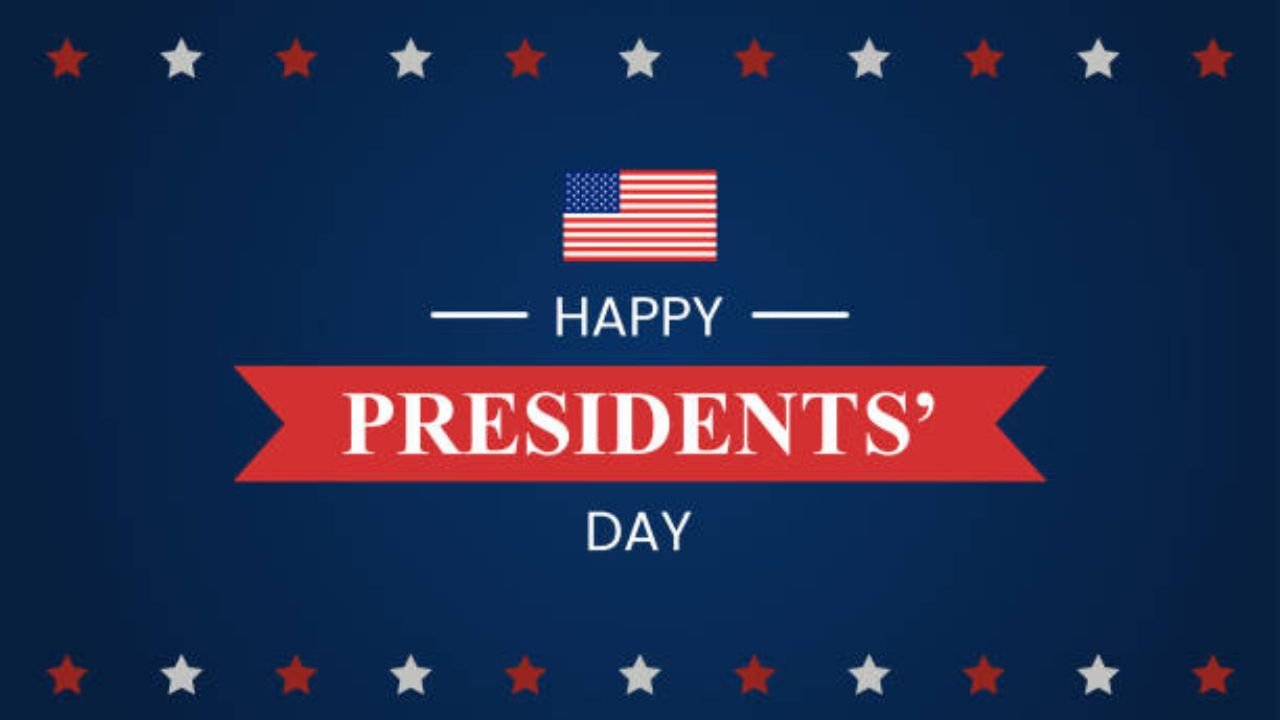Presidents’ Day, a national holiday in the United States, falls on the third Monday of February each year.
Presidents’ Day: Origins and Legislation
President Lyndon B. Johnson signed a measure into law in 1968, designating the third Monday of February as a holiday, initially honoring George Washington.
This year, Presidents’ Day is observed on Monday, February 19.
Honoring George Washington
The original inspiration for Presidents’ Day was George Washington, the first President of the United States and leader of the Continental Army during the American Revolution.
Washington’s birthday, February 22, was unofficially remembered after his passing in 1799.
The District of Columbia declared Washington’s birthday a federal holiday in 1879, which later became a national holiday in 1885.
Washington’s Birthday Becomes Presidents’ Day
Initially known as “Washington’s Birthday,” the holiday evolved over time. The Uniform Monday Holiday Bill of 1968 aimed to create longer weekends for workers by moving certain holidays to Mondays.
Despite the federal government’s continued reference to the holiday as “Washington’s Birthday,” it gradually became known as Presidents’ Day.
Combining Washington and Lincoln’s Birthdays
In 1971, the Uniform Monday Holiday Bill included a clause combining the commemorations of George Washington’s and Abraham Lincoln’s birthdays. Both Washington (February 22) and Lincoln (February 12) had birthdays in February, leading many Americans to believe that Presidents’ Day honored both presidents.
Commercialization and Promotion
Marketers quickly recognized the potential of Presidents’ Day as a three-day weekend for promotions and sales. “Presidents’ Day” deals and promotions became widespread in retail locations across the nation, capitalizing on the holiday’s popularity. Read More
Broadening the Focus
While initially centered on Washington and Lincoln, Presidents’ Day has evolved into a broader celebration. It now honors all individuals who have served as President of the United States, reflecting on their contributions and legacies.
Controversy and Debate
Some argue that the broadened focus of Presidents’ Day diminishes the unique contributions of presidents like Washington and Lincoln.
They contend that combining them with lesser-known presidents undermines their significance in American history.
Reflecting on America’s Leadership
Presidents’ Day serves as a reminder of the enduring legacies of America’s leaders and their impact on shaping the nation’s history.
Despite commercialization and debates over its focus, the holiday provides an opportunity for reflection and appreciation of the presidency’s role in the United States.
